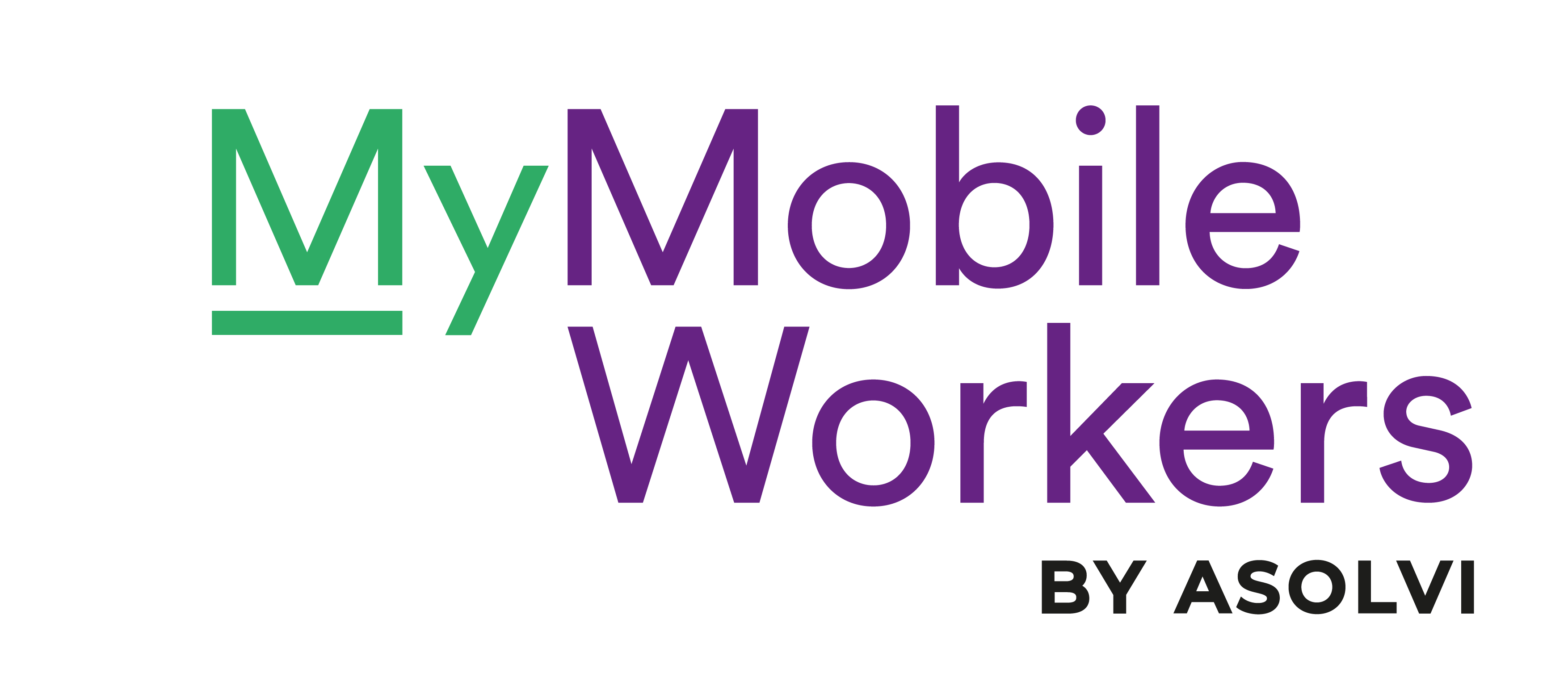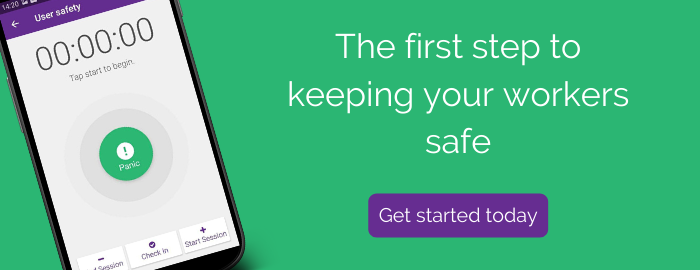With a workforce that travels consistently or is made up of remote workers, keeping information secure should be a top priority for management. From malicious wifi attacks, to basic password enhancements, there are a number of simple ways to protect sensitive information and keep it out of the wrong hands.

How mobile workers can keep digitally secure:
- Use strong passwords
- Use secure forms of communication
- Avoid public WiFi
- Keep devices updated
Use strong passwords
One of the most simple ways to enhance digital security is to use stronger passwords that are never the same. Everyone should know by now that using your street address or duplicating passwords across platforms is a bad idea, but the issue continues to persist.
Many people are unaware of the options they have for creating strong and safe passwords, without writing them down on a sticky note and putting it inside their phone cover. Using a simple password manager, like LastPass, can secure your credentials without the headache.
Password management software will save your credentials in a one-way encrypted vault, where you have the master password to unlock it. Once unlocked, they populate your saved passwords into the correct website and even warn you if you have duplicated or weak passwords. These products can be used with a team account, to maintain the integrity of company passwords, while allowing your team access to the credentials on the road.
Use secure forms of communication
Having a mobile workforce that is mobile means that communication will mostly take place virtually so maintaining a secure connection is important to keeping information safe. In additional to the usual Friday chitchat, sensitive information regarding clients or even personal information is often revealed online to work-friends.
A simple company policy can mandate where employees are sharing information and having meetings, which will ensure the secure transmission of communications. There are many different unified communication platforms, such as 8x8, that ensure your team stays in contact, allowing for virtual meetings as well as chat, but also maintains the integrity of your company’s online security.
Avoid public WiFi
This may come as a surprise, but WiFi that’s unprotected can lead to malicious attacks on your privacy and data. While looking for a network, there’s a possibility that they may just be hotspots provided by people trying to steal your information and connecting to their network makes it much easier for them to read transmissions between your computer and the sites you’re trying to reach. This is becoming less and less common as sites are migrated to HTTPS, but the threat still exists.
To mitigate the possibility of an attack like this, simply disable the option on your device to automatically connect to open WiFi networks, be sure to only use networks that are password protected and trusted, and invest in an unlimited data plan to turn your phone into a hotspot when necessary.
Keep devices updated
One of the easiest methods to ensure device safety is to keep them updated with the current software release. Teams work diligently to identify and rectify any bugs in a system that may endanger your information, so delaying that crucial software update for your phone because it’s inconvenient could mean that you’re putting your information at continued risk.
Most devices now include a synopsis of what’s included in the most recent release, so a quick glance will tell users what is being updated and how important it is to the safety of their device and information.


